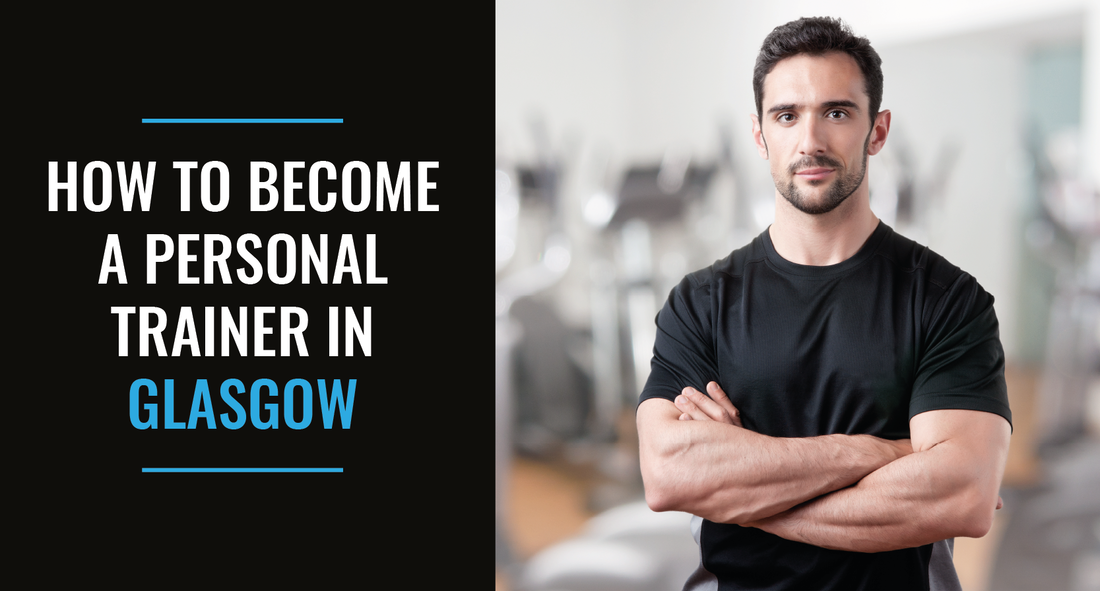
You need to be aware of several factors when planning healthy workouts during pregnancy. One factor to be aware of is pregnancy weight. It can lead to a shift in your balance around your due date. This could make it harder for your body to lose weight. Your healthcare provider will help you choose the right exercise for your needs. Your healthcare provider will decide if you want to run or walk.
Avoiding traditional abdominal workouts
Most likely, you have heard that pregnant women should avoid traditional abdominal exercises. Although this might sound counterintuitive it can actually prove to be detrimental for your baby. You make the breakup between your abdominal muscles more severe and more difficult to repair. You don’t have to stop exercising yet. Just modify your routine. Continue reading for more information about traditional abdominal workouts during pregnancy.
Get in moderate aerobic intensity
Even moderate-intensity aerobics while pregnant is safe. You can safely engage in moderate-intensity activity as long you listen to your body. Exercise during pregnancy can promote muscle tone and stamina, reduce leg pain, improve circulation, and relieve constipation and bloating. It can help you maintain your balance, posture, and prepare for childbirth.

Stretching
Doing regular stretches while pregnant can reduce aches and pains and help you feel more comfortable and relaxed. It will lengthen and loosen muscles. It is very beneficial for the developing baby because it improves the woman's flexibility as well as her comfort level. You can also stretch daily to improve organ tone, and to prevent prolapse of the pelvic organs. These are some of the best stretches for pregnant woman.
Yoga
Yoga is a great option if you want to maintain your shape and tone muscles during pregnancy. Pregnant mothers will love yoga's flexibility and its gentleness on their joints. Women who are pregnant should not take part in hot yoga, as their bodies won't be able to cool down the heat. Mix light exercises with your yoga routines to avoid overheating and straining the joints. Talk to your instructor if you experience discomfort during the workout.
Pilates
Most Pilates moves are easy to do during pregnancy. Pilates exercises emphasize slow, controlled movements that are gentle on the joints. While you should avoid supine exercises and lying on your stomach, you can still do planks and other exercises that require a firm and stable body. It's important to remember to reduce the intensity of your workout and work with your body's natural curves. Pilates is more than just a great exercise for your body.

FAQ
Is Cardio Better Than Strength Training?
Both are equally great. If you want to increase muscle mass faster, cardio is the better option.
Cardio burns a lot more calories per minute that strength training and is more effective at burning fat.
Strength training helps build muscle mass. But it takes longer than cardio to accomplish this goal.
Is it true that overeating protein causes kidney stones?
Protein is essential for healthy bones and tissue. However, too much protein can result in calcium excretion through the urine. This can lead kidney stones.
Not everyone who eats more than 2g of protein per kilogram (2.2 lbs) of bodyweight will get kidney stones. You don't have to eat a lot of protein to get kidney stones.
Your sodium intake can prevent kidney stone formation. Sodium regulates the water balance of the kidneys. A high level of sodium can increase the risk of developing kidney stone.
If you have kidney stone, you might also consider reducing your protein intake. About half of adults' daily caloric intake is made up of protein. If you cut back on protein, you'll likely lose weight.
If you do decide to eat more protein, don't go overboard. Do not eat more than 20% of your daily calories from protein.
Egg is good for men?
The egg has all the nutrients the body requires. It is also good for maintaining strong bones, healthy heart and lungs, as well as stable blood pressure.
Eggs are a great source of protein, vitamins A and B12, D. E. K, calcium, magnesium, selenium and riboflavin.
The egg yolk has high cholesterol. However, it doesn't contain saturated fat. Eggs contain less saturated fat than most other foods.
They are also low in calories and sodium. Because they can be cooked in almost any way that you wish, they are versatile. You can cook them in many ways, including poaching, boiling, hard-boiling, baking, and scramble.
They are delicious and very easy to prepare.
At least two whole eggs should be consumed each day. Avoid eating eggs.
Eggs provide essential nutrients needed by our bodies. Include eggs in your daily diet.
Statistics
- The PRS enabled risk stratification for overall prostate cancer and lethal disease with a four-fold difference between men in the highest and lowest quartiles (HR, 4.32; 95% confidence interval [CI], 3.16-5.89). (pubmed.ncbi.nlm.nih.gov)
- According to the American Heart Association, blood pressure should be checked at least once every two years, beginning at age 20. (my.clevelandclinic.org)
- According to the American Academy of Dermatology (AAD), men over 50 are at a heightened risk of developing it. (healthline.com)
- Candidates and applicants must pass all four tests at 70% (minimum level) to graduate from Basic Deputy U.S. Marshal (BDUSM) Training. (usmarshals.gov)
- Are You One of the 20% of Guys (mh.co.za)
External Links
How To
How can I burn fat while exercising?
Exercise can help you burn calories and increase your metabolism.
At moderate intensity, you will lose weight easily.
These tips can help you to burn fat while training:
-
Cardio exercises include swimming, running or cycling.
-
You can exercise for 30 mins three times per week.
-
Strength training is a great way to lose weight.
-
Avoid intense workouts. It's possible to build muscle, but not lose it.
-
Hydrate well during exercise. Water flushes out toxins, and keeps your body properly hydrated.
-
After working out, drink low-fat protein shakes. Protein shakes repair muscles and increase energy.
-
Eat smaller meals throughout the day, so you don't feel hungry between meals.
-
Don't skip breakfast! You can feel tired and slow if you skip breakfast.
-
Take care of your mind. Stressful situations can slow down metabolism.
-
Keep a positive attitude. Research shows that overweight people gain more weight if they believe they are overweight than those who believe they look good.
-
Get enough rest. A lack of sleep makes it difficult to lose fat.
-
Stay active. Move around at least once an hour.
-
Maintain a healthy diet. You will feel fuller longer if you eat right.
-
Find ways to relax. Relaxing doesn't mean your body releases stress hormones which cause muscle tissue to be destroyed.
A balanced diet is one that includes all of the essential nutrients required for growth.
Six small meals per day is better than three large meals. This gives your body the time it needs to process what you've eat.
Calcium is required to support strong bones. Calcium can be found as a dairy product such as milk, yogurt and fortified soy drinks, orange juices, cereals, breads, and cereals.
Calcium is found in green leafy vegetables, beans, tofu, seeds, nuts, and cheese.
Vitamin D is necessary for the body to absorb calcium. Vitamin D can also be found in some fortified foods such as eggs, fish, and yolk.
Vitamin E is essential for skin health. Vitamin E can also be found in vegetable oil, wheat germ oils, peanuts as well almonds, sunflower seeds and corn.
Your body requires zinc for normal immune function and wound healing. Zinc is found in seafood, oysters legumes meats, whole grains, whole grains and meats.
Zinc deficiency can cause fatigue and loss of appetite. It can also lead to depression and impaired immunity.
Consuming too much sugar can cause insulin resistance. This causes an increase in blood glucose levels. Insulin resistance leads directly to weight gain.
When there is a high level of free radicals, insulin resistance can develop. Free radicals are molecules containing unpaired electrons which cause damage to cells membranes.
The most common sources of free radicals include food additives.
Free radicals can lead to cancer and heart disease, diabetes mellitus, arthritis, asthma, and premature aging.
Antioxidants are essential for preventing free radical damage. Antioxidants protect against oxidative damage.
Antioxidant vitamins include Vitamin C (found in citrus fruits), beta carotene (found in carrots, sweet potatoes, spinach, broccoli, cantaloupe, apricots, squash, mangoes, peaches, peppers, tomatoes, cabbage, cauliflower, kale, Brussels sprouts, collard greens, watermelon, and strawberries), and Vitamin E (found in nuts, olive oil, avocados, and eggs).
Additional antioxidant nutrients include selenium and copper, manganese and zinc.
Selenium protects cells from free radical damage. Selenium is also found in Brazil nuts.
Copper protects the eyes, brain, lungs, liver, and red blood cells. Copper is found in shellfishes, poultry, meat, organ meats, and other foods.
Manganese forms an essential part of bone structure. Manganese can be found in brown rice and spinach as well as bananas, prunes raisins, oatmeal, lentils, and oatmeal.
Zinc is important for healthy growth, reproduction, and wound-healing. Zn is present in lean cuts of meat and white fish, as well as eggs.